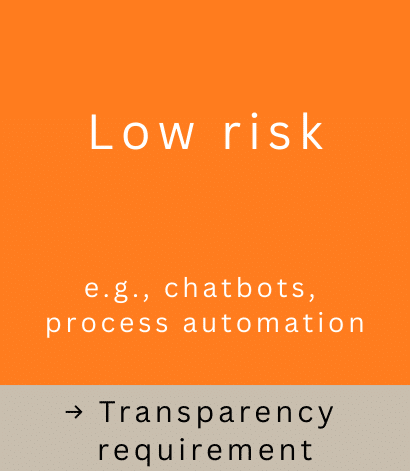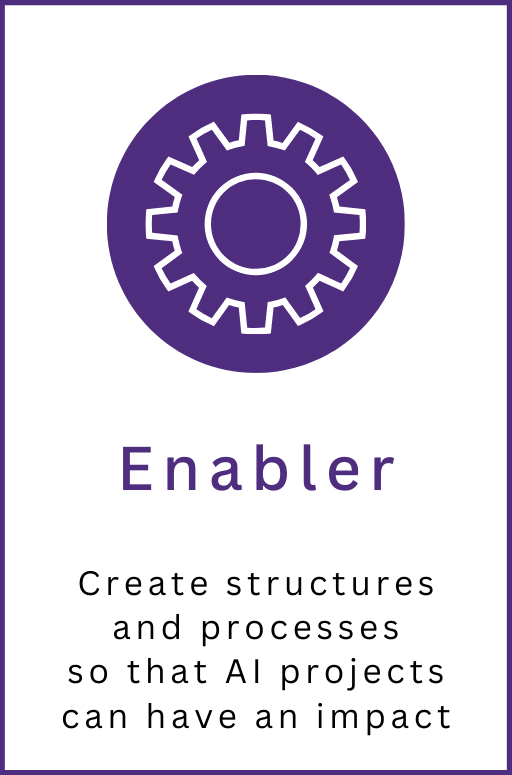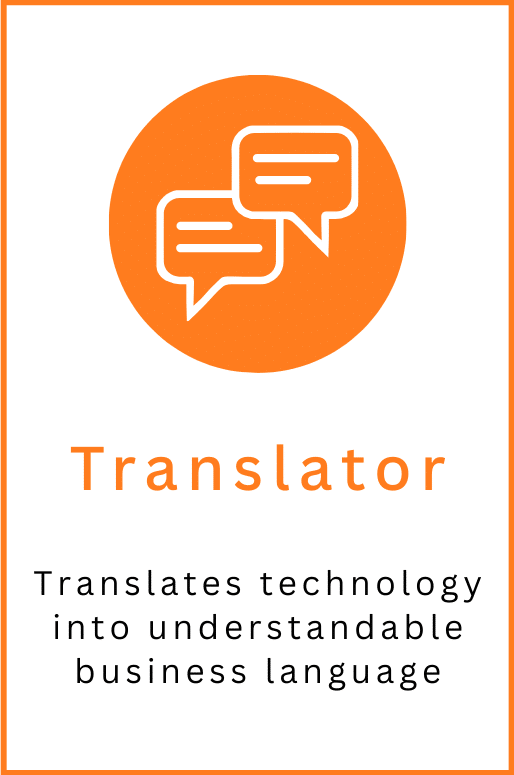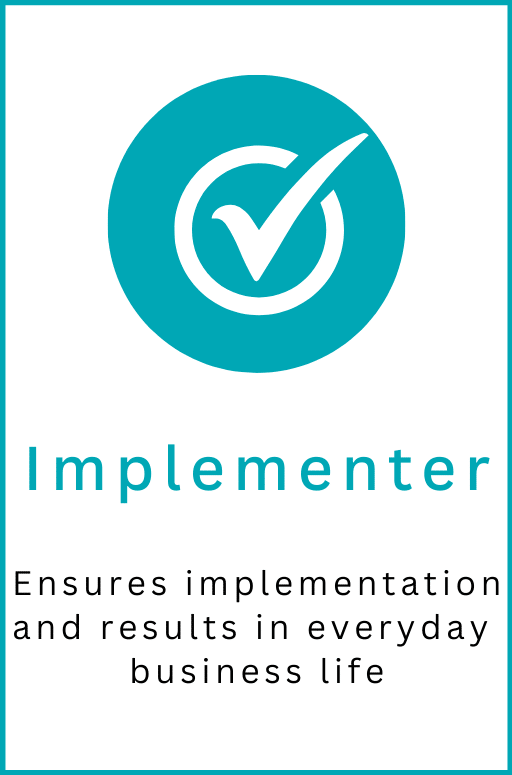Artificial Intelligence is no longer a topic of the future. It is already changing how companies make decisions, analyze data, design security strategies, and develop business models. For many organizations, AI represents both an opportunity and a source of uncertainty. This is exactly where specialized interim managers can make a decisive difference: as enablers, translators, and implementers.
AI in the corporate context: opportunities, risks, and adoption
More and more companies are adopting AI. According to the ifo Institute, 27 percent of German companies are currently using AI, up from 13 percent the previous year. Another 17 percent plan to implement AI soon. Adoption is particularly high in sectors such as advertising and market research (84 percent), IT services (74 percent), and the automotive industry (70 percent). Large companies are significantly ahead of smaller ones: 66 percent of corporates already use AI, compared to 36 percent of SMEs.
AI is also gaining ground in production. Forty-two percent of industrial companies already rely on it, while another 35 percent are in the planning stage. According to a study by the IW Cologne, companies that use AI increase their productivity by an average of 13 percent per year.
AI is no longer a niche issue. Companies that do not use it risk falling behind. At the same time, the responsibility is growing to use it effectively, securely, and transparently.
Cyber Security: urgency and AI as an answer
Few fields illustrate the ambivalence of AI as clearly as cyber security. On the one hand, AI-based systems enable faster detection of attacks, the analysis of huge data streams, and automated responses. On the other hand, attackers use the same technologies to act more cleverly, precisely, and quickly.
The numbers are alarming. In Germany, there are currently more than 1,200 attacks per week, a year-over-year increase of over 40 percent. Eight out of ten companies are affected. The total annual damage to the German economy amounts to around 267 billion euros. On average, large companies incur costs of 1.8 million euros per incident, while smaller companies face around 200,000 euros.



Source: Bitkom (2024/2025), it-daily-net (2025)
Specialized interim managers can play a crucial role here. They redesign security strategies, establish resilience structures, coordinate external specialists, and bring clarity to the situation within a short time. At the same time, they ensure that not only technology but also organizational processes and decision-making structures are adapted.
Training obligations under the EU AI Act: new corporate responsibility
Since February 2025, the EU AI Act has been in force. Companies are required to ensure that their employees have sufficient competence in handling AI. This applies in particular when high-risk applications are used, for example in lending, HR processes, or healthcare.
This training obligation is not just a formality. It addresses the very core of responsibility and corporate culture. Companies that use AI must make sure their people understand how it works, where its limits lie, and what risks it entails. A lack of competence can lead to wrong decisions, liability risks, and significant loss of trust.




Source: EU AI Act (2025, sergroup (2025), TÜV Thüringen (2025)
Specialized interim managers can support companies in this area. They identify which groups require training, initiate suitable programs, and implement monitoring systems that make compliance demonstrable. Especially in transition phases or critical projects, this competence is of immense value.
The three roles of interim managers
Interim managers do not develop algorithms. Their strength lies in connecting technology, organization, and implementation. As specialized interim managers, they bring exactly the experience needed to anchor AI initiatives successfully within companies.
- Enablers: They create the conditions that allow AI projects to deliver impact, including processes, resources, and structures.
- Translators: They transfer complex technological concepts into business language that executives, boards, and employees can understand.
- Implementers: They make sure projects do not remain stuck in presentations but deliver tangible results in day-to-day operations.



These roles make specialized interim managers an essential factor for companies that want to adopt AI or ensure responsible use of existing applications.
Conclusion: AI will reshape assignments
The growing importance of AI is already changing the framework of assignments. It opens up new opportunities but also increases the pressure to make decisions faster and with greater confidence. Interim managers can make a decisive difference here. They help companies not only introduce AI but also use it effectively, responsibly, and in a way that produces practical results.
Ultimately, it is less about the technology itself and more about how companies make use of it. Interim managers are not bystanders but active shapers. Enablers, translators, implementers.
Kind regards
HANSE Interim Management
Andreas Lau


